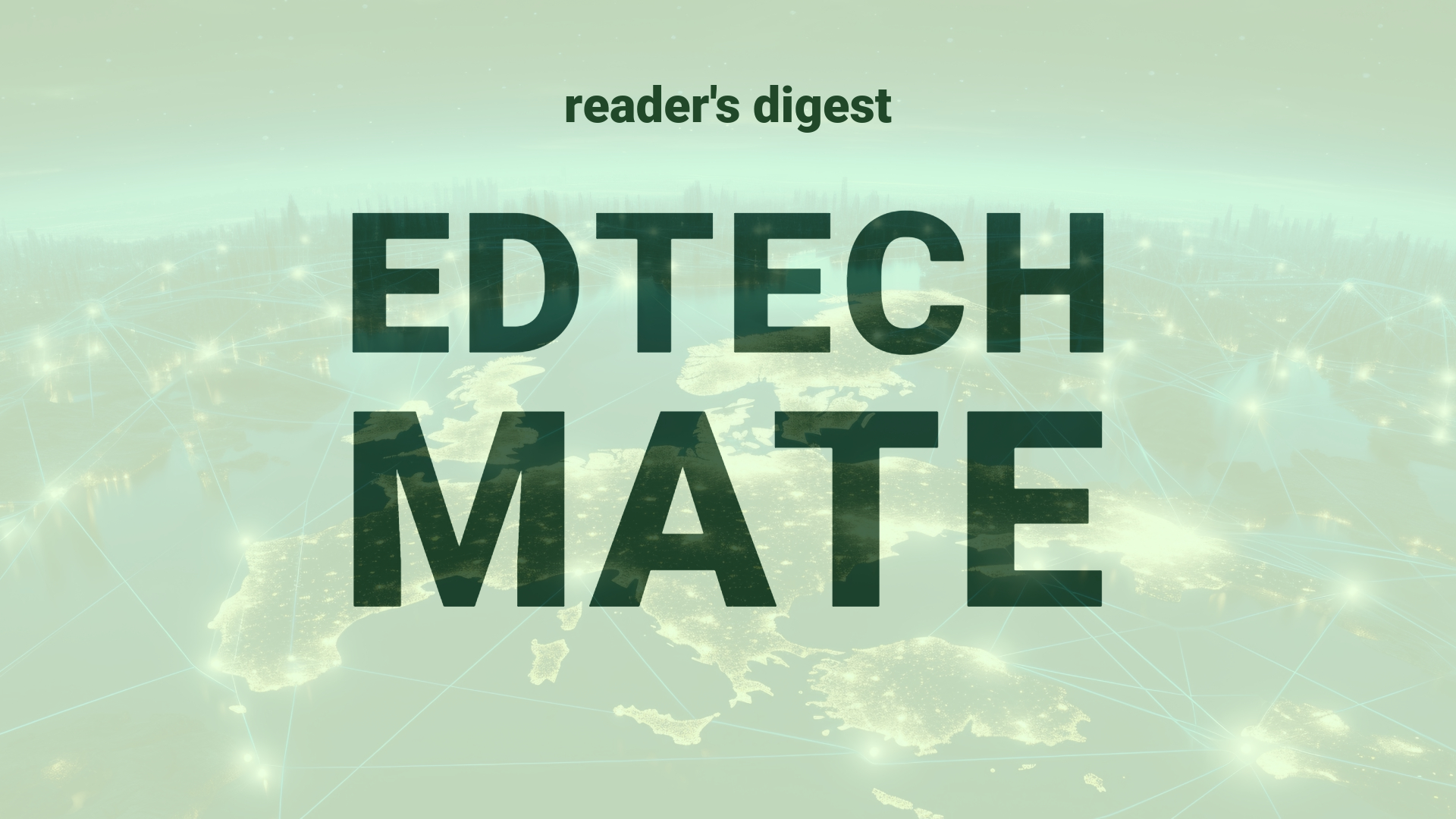“`html
Executive Summary and Main Points
Key innovations and trends in the realm of international education and digital transformation include the rise of generative AI, its increasing influence on job functions, and the propulsion of digital trailblazing within organizations. As digital adoption and technological fluency become benchmarks for competitive advantage, professionals are urged to adopt a transformative vision, grow beyond their functional duties, and challenge leadership norms. Digital Trailblazers are identified as those who drive change, lead multidisciplinary teams, and leverage technology and data to enhance business strategies and outcomes.
Potential Impact in the Education Sector
The advent of Digital Trailblazers and generative AI might redefine facets of Further Education, Higher Education, and Micro-credentials. In higher education, strategic partnerships could form between education providers and tech companies to integrate new learning platforms and AI tools. This would enhance personalized learning, predictive analytics for student success, and operational efficiency. Micro-credentials could be further digitized, providing flexible and career-aligned skill development pathways.
Potential Applicability in the Education Sector
Institutions could employ AI and digital tools to customize educational experiences, enabling adaptive learning pathways that respond to individual student performance and preferences. Digital Trailblazers within academia could lead initiatives for online platform development, foster cross-disciplinary tech-focused education programs, and stimulate innovative research collaborations that integrate AI-driven data analysis.
Criticism and Potential Shortfalls
While embracing Digital Trailblazers as a paradigm shift is forward-thinking, there may be critical issues such as exacerbating the digital divide, undermining academic integrity, and impinging on privacy and data ethics. Comparative international case studies indicate variances in digital maturity and resources, which could lead to inequities in educational outcomes. Ethical considerations must also be addressed to ensure that AI applications align with diverse cultural contexts in education.
Actionable Recommendations
International education leaders should consider integrating skills development in AI and digital competencies across curriculums, promoting interdisciplinary learning, and creating opportunities for faculty and students to engage with digital transformation projects. Institutions must build strategic partnerships that include tech training for educators, investment in AI infrastructure, and a continuous review of ethical guidelines regarding the use of AI in global education systems.
“`
Source article: https://blogs.starcio.com/2024/01/it-career-digital-trailblazer.html

